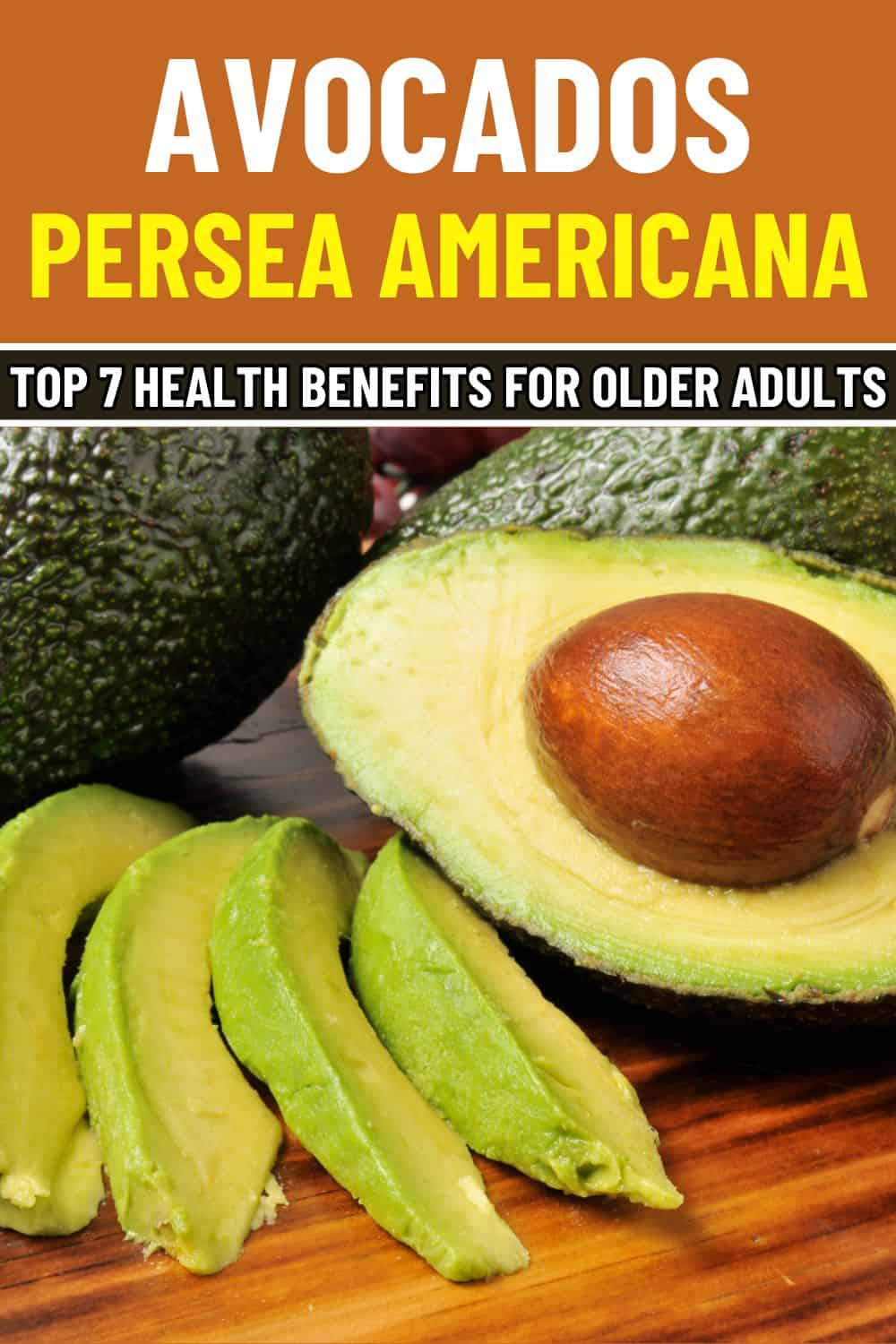Avocados (Persea americana) are not only delicious but also packed with health benefits that are especially important for older adults.
Native to Central and South America, this creamy fruit has gained worldwide popularity due to its rich nutrient profile.
Here are amazing health benefits avocados offer for those over 50 and reasons they should be a staple in your diet.
#1. Heart Health Support
Avocados are packed with heart-healthy monounsaturated fats, especially oleic acid, which helps lower bad cholesterol (LDL) and boost good cholesterol (HDL).
Just 100 grams of avocado provides 15 grams of healthy fats, supporting a balanced and heart-healthy diet.
Moreover, avocados are high in potassium, with 485 milligrams per 100 grams, which helps regulate blood pressure by counteracting sodium’s effects.
A study in the Journal of the American Heart Association found that replacing unhealthy fats with healthy fats, like those in avocados, can significantly reduce the risk of heart disease.

#2. Bone Health Boost
As we age, bone density decreases, increasing the risk of fractures and osteoporosis.
Avocados help combat this by providing a generous amount of vitamin K, essential for calcium absorption and bone health.
Just one serving of avocado offers about 26% of your daily vitamin K needs. Packed with magnesium and folate, avocados further support bone strength.
Research in the American Journal of Clinical Nutrition confirms that adequate intake of vitamin K and magnesium is vital for preserving bone density in older adults.

#3. Anti-Inflammatory Properties
Chronic inflammation is linked to many age-related conditions, including arthritis and heart disease.
Avocados contain potent anti-inflammatory compounds like polyphenols and flavonoids, which can help reduce inflammation.
The healthy fats in avocados also contribute to lowering markers of inflammation, such as C-reactive protein (CRP).
According to a study published in Nutrients, regular consumption of avocados can help manage inflammation and improve overall health.

#4. Enhanced Digestive Health
Maintaining digestive health is critical as we age, and avocados are a great source of fiber, which is essential for proper digestion.
A 100-gram serving of avocado contains 6.7 grams of fiber, both soluble and insoluble, which helps regulate bowel movements and prevent constipation.
Fiber also promotes a healthy gut microbiome, which affects immunity and overall well-being.
Research in the Journal of Nutritional Science and Vitaminology supports that a fiber-rich diet is vital for digestive health, particularly for older adults.

#5. Cognitive Function and Brain Health
Cognitive decline is a concern for many older adults, but avocados can help support brain health.
Rich in healthy fats, avocados provide omega-3 fatty acids known to boost cognitive function and support brain cell regeneration.
Additionally, avocados contain antioxidants like lutein and zeaxanthin, which protect brain cells from oxidative stress.
Studies, including one from the National Institute on Aging, have shown that these antioxidants may help prevent age-related cognitive decline and improve memory.

#6. Skin Health and Hydration
As we age, our skin naturally loses moisture and elasticity, leading to wrinkles and dryness. Avocados are rich in healthy fats and vitamin E, which help nourish and hydrate the skin.
The fats in avocados help to lock moisture into the skin, while vitamin E provides powerful antioxidant protection.
A study in Dermato-Endocrinology found that consuming avocados regularly can improve skin hydration and elasticity, making it a great addition to your skincare routine.
Whether eaten or applied topically, avocados can help keep your skin youthful and healthy.

#7. Eye Health Protection
Avocados contain two powerful antioxidants, lutein and zeaxanthin, essential for protecting the eyes from age-related macular degeneration (AMD), a leading cause of vision loss in older adults.
These antioxidants filter harmful blue light and help protect the retina.
Research from the American Optometric Association suggests that a diet rich in lutein and zeaxanthin, found in avocados, can reduce the risk of AMD and support overall eye health.

How to Use Avocados in Your Diet
- Avocado toast: Spread mashed avocado on whole-grain toast for a quick, nutritious breakfast or snack.
- Smoothies: Add half an avocado to your smoothie for a creamy texture and extra nutrients.
- Salads: Dice avocado and toss it in salads for added flavor and a boost of healthy fats.
- Guacamole: Mash avocados with tomatoes, onions, cilantro, and lime for a delicious and nutritious dip.
- Avocado boats: Cut avocados in half, remove the pit, and fill with your favorite toppings, such as tuna or cottage cheese.

Cautions and Precautions
While avocados are incredibly nutritious, they are also calorie-dense. Moderation is key, especially if you’re watching your calorie intake.
Some people may be allergic to avocados. If you experience symptoms like itching, swelling, or difficulty breathing after eating avocado, consult a healthcare provider immediately.
If you’re taking medications, particularly blood thinners, consult your doctor before increasing avocado consumption, as the high vitamin K content can interact with certain drugs.
Disclaimer
This article is for informational purposes only and should not be considered medical advice.
Always consult your healthcare provider before making significant dietary changes, especially if you have underlying health conditions or are on medication.







